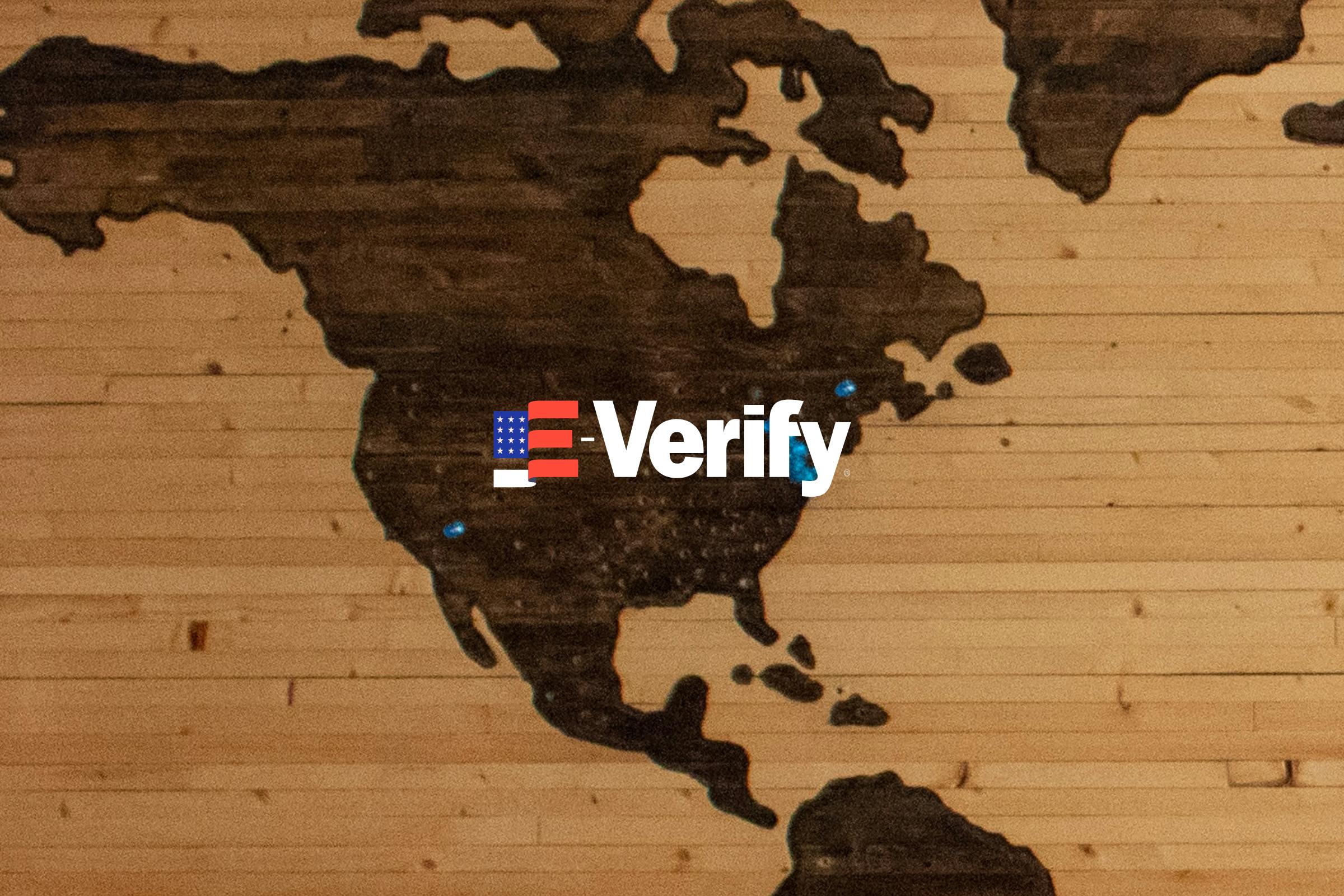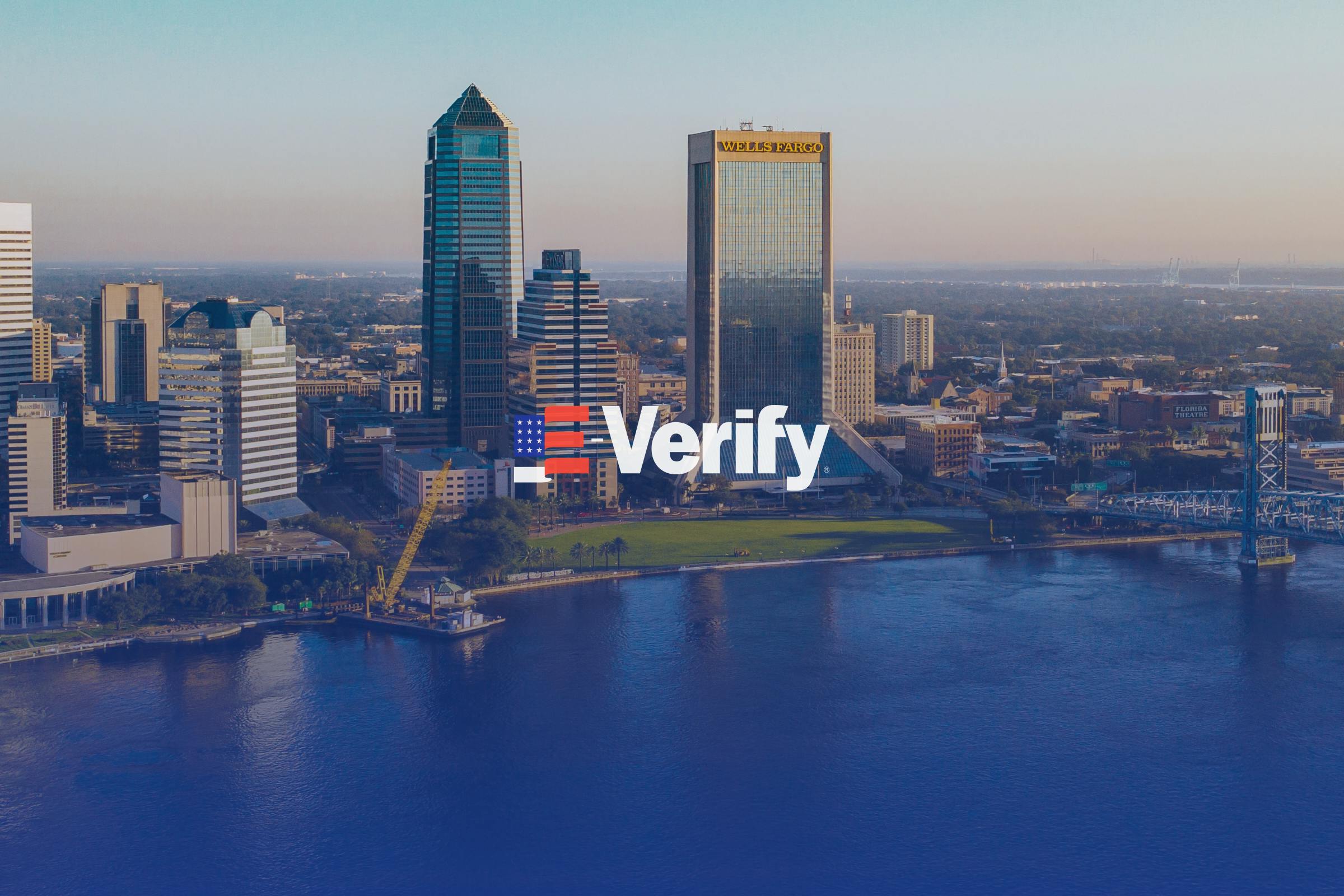You don’t need to be a U.S. citizen in order to find a job in the United States, however you do need to understand how to search for the right kinds of jobs, especially if you are a work permit holder. Right now, based on a preliminary search, there are millions of jobs available in the United States, and in fact the Bureau of Labor Statistics noted that in March of 2022, the number of job openings (approximately 11 million) was a record setting number.[1]
While these statistics are important, the fact that there are so many job “openings” ultimately means little for EAD holders in the U.S. if they are not searching or targeting the right kinds of opportunities. In this blog, we will take a closer look at the job market, and specifically pay attention to information that is essential for work permit holders in the U.S. seeking employment.
U.S. Citizens Only
The first bit of advice that is extremely important and will save work permit holders a lot of time in their job search this season— is to be familiar with job postings that are inclusive in terms of hiring someone who is not a U.S. citizen. This can sometimes be a mystifying process, as employers often do not directly disclose information on their hiring processes on their vacancy posting. There will also never be a “Work Permit Eligible” filter or option to check off when refining your search. However work permit holders can save themselves time and energy by perusing the actual position opening and noting if the organization mentions anything about only hiring U.S. citizens. Note that an ‘Equal Opportunity Employer” might not necessarily mean the employer is open to non-citizen applicants. If you have specific questions, it is best to locate and follow up with a recruiter to see if the organization is actually partial to work permit holders.
Temporary Openings
Work permit holders might also have better luck in their job search if they are looking for temporary job openings, sometimes offered seasonally in a variety of industries. Why? Because temporary positions and openings usually imply that there is an urgent need for hiring, based on an operational skillset. This is especially true in the Service Industry. Work permit holders should keep in mind that temporary job openings might not come with some of the benefits (medical, dental, vision) that can be provided by full-time roles. In order to find these roles, either search by sector, such as “Hospitality”, or use the filter under the type of job you are looking for.
Work permit holders should also be encouraged to research certain organizations before applying, given that worker exploitation is more common in the temporary and/or resort industries.
Don’t Limit Yourself
Just because you have a work permit, and not an H1-B specialty occupation visa does not mean your skills in the U.S. are not valuable. If you have a work permit, you are technically eligible for nearly any kind of work in the U.S. with the exception of some federal or licensure jobs. In this regard, you don’t have to search for entry level roles when filtering your job search and you should also be aware that your higher education degree is still valuable in a U.S. job setting. If you have a proficient command of English, then you should absolutely be applying for roles that are not just entry level.














